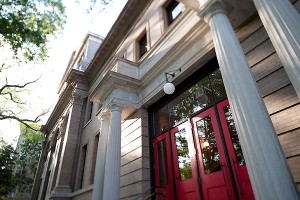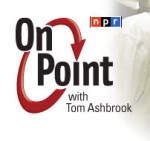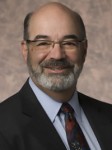 PROFS will host a forum to discuss the 2015-17 state budget at 3:30 pm on Wednesday, March 25 in the Wisconsin Idea Room in the Education Building, 1000 Bascom Mall. This event is free and open to the public.
PROFS will host a forum to discuss the 2015-17 state budget at 3:30 pm on Wednesday, March 25 in the Wisconsin Idea Room in the Education Building, 1000 Bascom Mall. This event is free and open to the public.
State Representative Chris Taylor (D-Madison), former Department of Administration (Thompson and McCallum) Secretary George Lightbourn, and Associate Vice Chancellor for Government and Corporate Affairs Charles Hoslet will share their expertise and take questions.
Questions at the forum include:
- What is the likelihood public authority will remain in the budget?
- What flexibilities can the university expect if public authority is removed?
- Will the $300 million budget cut be reduced? If so, by how much?
- How will tenure and shared governance look in Board of Regent policy?
- What is the timeline for the budget and how can the budget change?
Legislative Fiscal Bureau budget papers can be found here once they are published.





